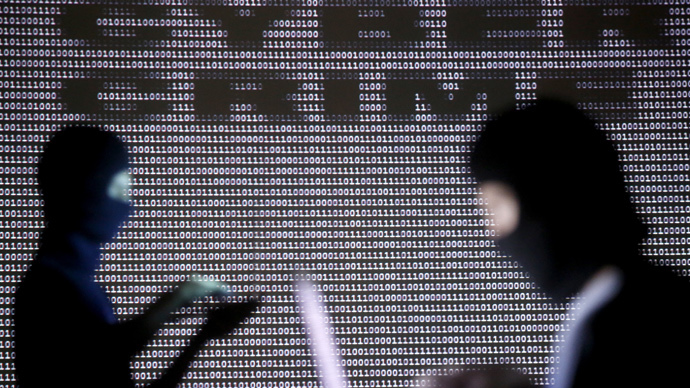Denmark invests $75mn in offensive cyber division – report

The Danish Defence Intelligence Service (FE) has stated its readiness to launch cyberattacks against hostile states and organizations, according to Politiken daily. Over the next 2 years some $75 million will be invested in an “offensive” cyber division.
By 2017 Denmark will pour some 465 million kroner ($75 million) into developing an offensive cyber-attack capability, according to the report. This is apparently so that Denmark can expand its capabilities from focusing solely on defending itself against hacker attacks, to also attacking hostile targets.
The idea is being developed in the wake of attacks over past several years which allegedly targeted the country’s defense and business sector for sensitive information. Since 2012 at least four Danish companies have reportedly been targeted in “incredibly” sophisticated, “state-sponsored” attacks blamed on the usual suspect, China, according to the report from FE.
READ MORE: RT's special coverage from the cyber frontline
While an offensive cyberattack should typically be conducted in secrecy in order to surprise the target, some experts have suggested it must be viewed in the same light as a military operation, meaning it would need an authorization from the parliament.
“When we go to war, it is parliament that declares war and the military that carries it out,” Anders Henriksen, an expert in international law at the University of Copenhagen, told Politiken.
Professor of constitutional law at the University of Copenhagen, Jens Elo Rytter, expressed agreement. “The use of force is such an important thing, according to the constitution there must be parliamentary inspection and control, when Denmark uses the power,” Rytter told regional daily Jydske Vestkysten.
However, the Defense ministry believes only those cyberattacks that would result in physical damage to the target should be considered warfare and require prior parliamentary approval, according to Politiken. Using a “hypothetical’ attack on Moscow’s water supply systems as an example, the publication said that while it would not destroy computers, management applications or physical installations, yet could interrupt the supply itself – it may not have to be subjected to approval.
Launching an attack on foreign state or company without parliamentary approval would not breach the constitution, believes the current Defense Minister Nicolai Wammen.
“I am convinced that the constitutional requirement to include parliament in the given situation can be reconciled with any concerns in relation to the operation’s implementation and security,” Wammen told Politiken.














